It started as a chicken coop that slowly developed over the years into an 1100 square foot pool house/studio – a cold, leaking, rotting, pool house/studio. Beyond wanting the building fixed, this client aspired for much more – a warm and inviting retreat for guests and an inspiring art studio in which to create; a space to both live and work in peacefully and comfortably. This artist’s unique vision was accompanied with a desire for only the highest quality craftsmanship. This task required technical complexity and intense planning. For such a small space, every square inch was artfully designed. And, it continued to be designed, and re-designed, until the project was perfected. Turning the vision of an artist into grounded reality proved to be as highly challenging as it was deeply rewarding.
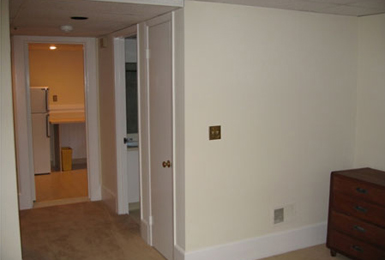
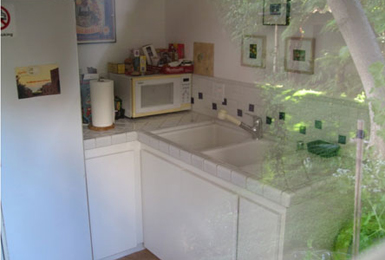
Normally a structure is lifted utilizing the joist package of the existing floor. Because the Cabana’s floor was slab on grade, we needed to install ledgers that connected all the wall studs and supported the floor of the second story simultaneously. To avoid increasing the Cabana’s footprint and to fix the foundation, the structure had to be completely lifted off the ground and suspended for the duration of the foundation work. We placed steel I-Beams over the length of the building so it could successfully be lifted. Also, the close proximity of this building to the property line required an additional set of steel beams.
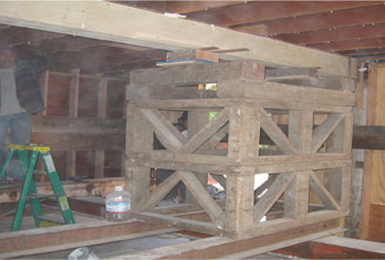
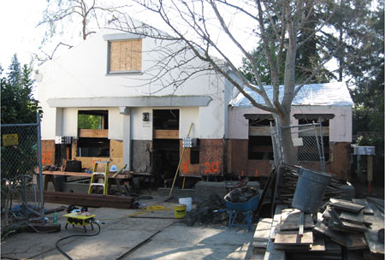
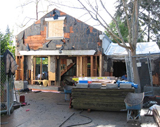
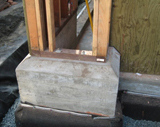
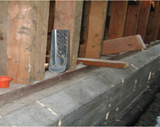
The client wanted an exposed concrete foundation wall. Waterproofing the structural slab at grade level was challenging. We placed waterproofing barriers at both the interior and exterior and wherever there were openings in the concrete, flashings needed to be modified.
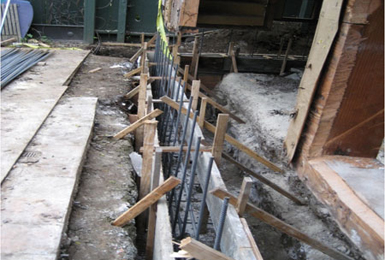
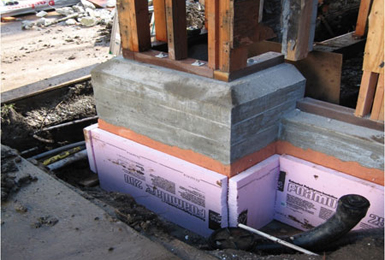
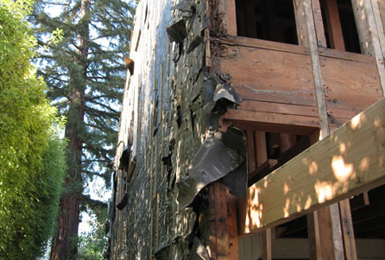
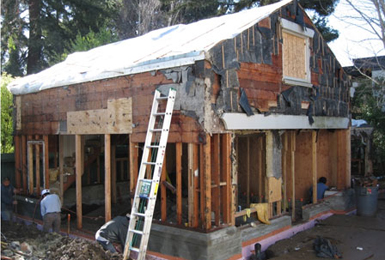
Unforeseen dry rot created the need to remove and rebuild the artist studio completely, including the roof and walls. All main lumber was recycled, reclaimed, and old growth materials were re-used.
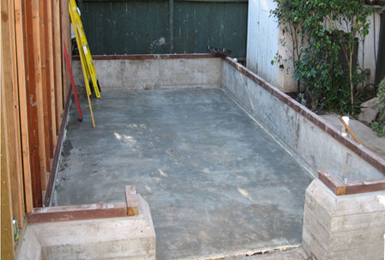
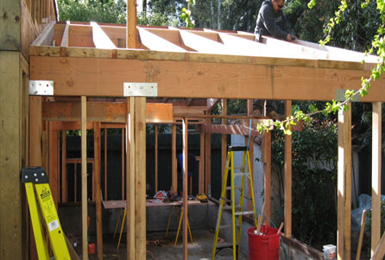
Given the vision of simple straight lines, extreme care was put into all the rough framing and carpentry so that the finished product would be perfect.
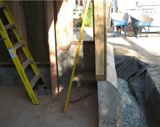
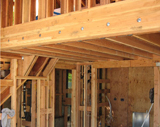
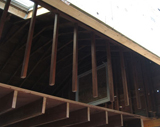
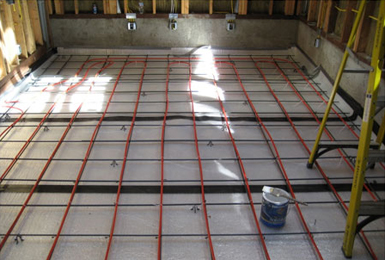
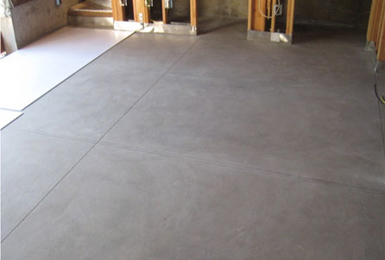
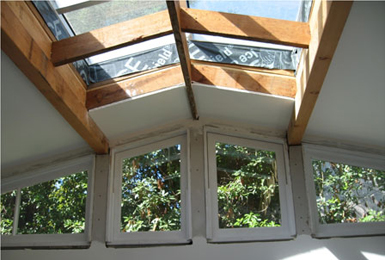
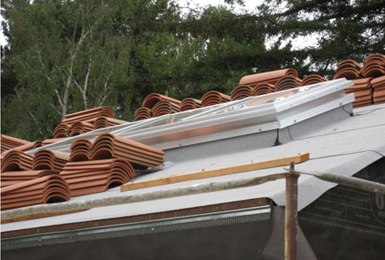
The interior was finished with vertical wood paneling. The walls were laid out to make sure that all full, equal panels were installed, which drove the door sizes. Installing the paneling at the walls, ceilings, and blind doors so that all the grooves perfectly aligned, would have been simply a nightmare, had not so much care, thought and craftsmanship been diligently put into the rough phases of this project.
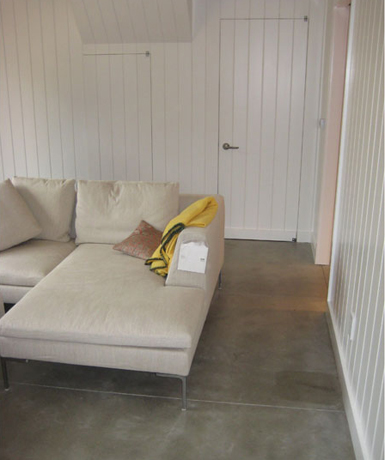
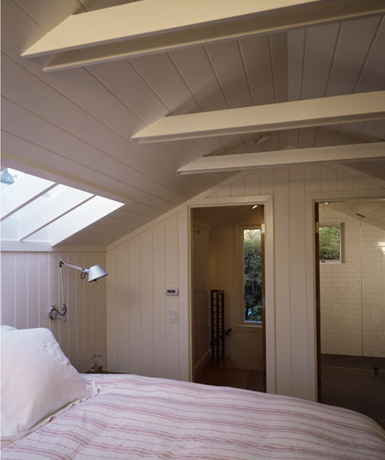
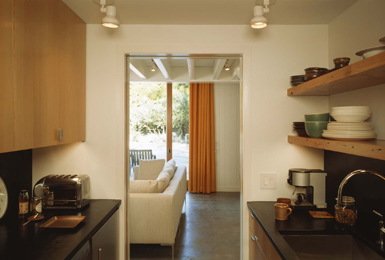
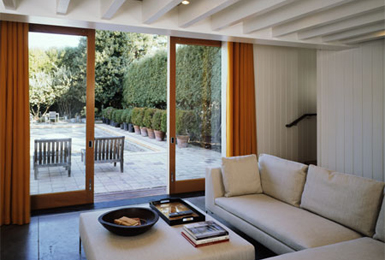
| Cookie | Duration | Description |
|---|---|---|
| cookielawinfo-checkbox-analytics | 11 months | This cookie is set by GDPR Cookie Consent plugin. The cookie is used to store the user consent for the cookies in the category "Analytics". |
| cookielawinfo-checkbox-functional | 11 months | The cookie is set by GDPR cookie consent to record the user consent for the cookies in the category "Functional". |
| cookielawinfo-checkbox-necessary | 11 months | This cookie is set by GDPR Cookie Consent plugin. The cookies is used to store the user consent for the cookies in the category "Necessary". |
| cookielawinfo-checkbox-others | 11 months | This cookie is set by GDPR Cookie Consent plugin. The cookie is used to store the user consent for the cookies in the category "Other. |
| cookielawinfo-checkbox-performance | 11 months | This cookie is set by GDPR Cookie Consent plugin. The cookie is used to store the user consent for the cookies in the category "Performance". |
| viewed_cookie_policy | 11 months | The cookie is set by the GDPR Cookie Consent plugin and is used to store whether or not user has consented to the use of cookies. It does not store any personal data. |
